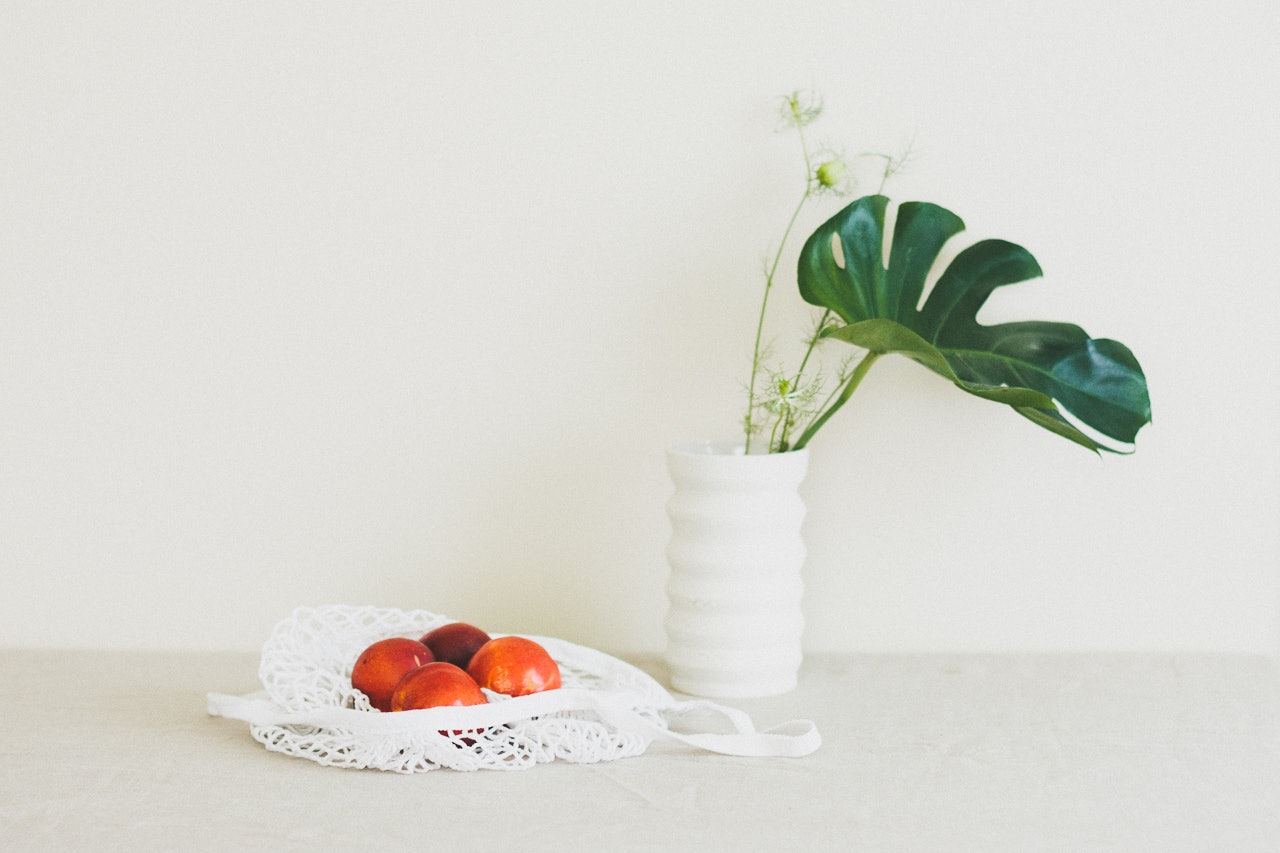
Over the past couple of years, I've had the opportunity to speak about my lifestyle, the reasons why I adopted it and the ways I implemented it in my daily life. Such opportunities arose again recently and forced me to take a step back and look at my life from an outsider's perspective.
As zero-wasters, we tend to talk a little too much about the nitty gritty amongst ourselves and sometimes forget that it is important to look at the bigger picture and remember why we made these choices in the first place.
So over the next couple weeks, I'd like to go back to basics. Who, why, how?
But first, I'd like to tell you about the 5 Rs of the Zero Waste Lifestyle, first coined by Zero Waste Home author Bea Johnson.
This mnemotechnic tool is a great way to make a decision when life throws a (zero waste) challenge your way.
Here are 5 major ways to prevent waste from entering and cluttering your life.
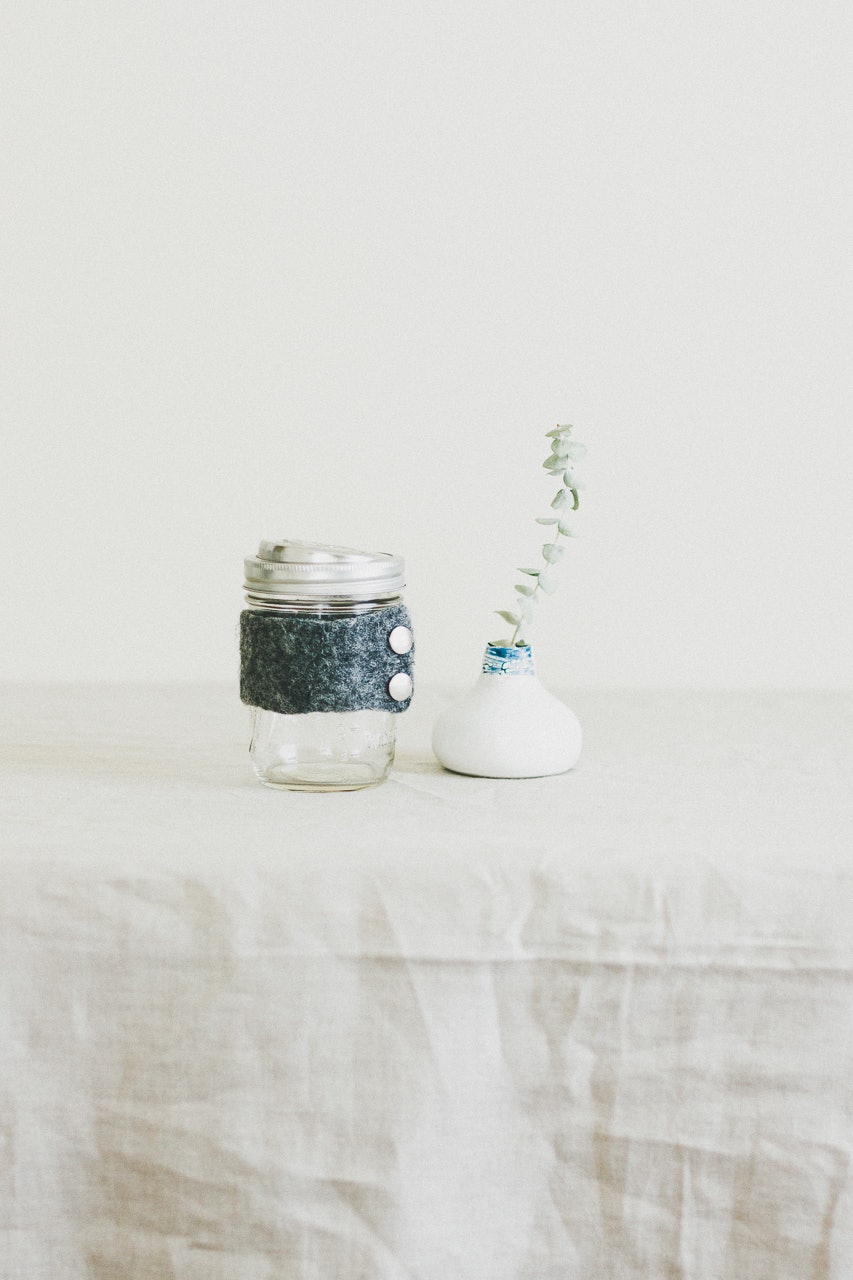
1. REFUSE
Waste makes its way into our lives in various ways. Some are obvious, some not so much. Some are voluntary, others not really.
The first step to reduce your waste production is to REFUSE what you do not need.
What can/should be refused?
- Single use and disposable (paper or plastic) items such as straws, cups, bags, napkins
- Junk mail
- Freebies such as pens, stickers, tote bags - We all love free stuff, but the time and physical and mental space they cost us might not
- Unsustainable practices - Not only do I refuse to use disposable cups at coffee shops, but I've decided altogether to stop shopping and therefore supporting businesses whose values I do not share (think fast-food restaurants that use styrofoam containers and big coffee shops whose disposable cups end up on beaches and in the ocean)
How?
- Refuse disposables - Order a drink with "no straw", order "for here" in reusable dishware instead of using single use plates and utensils.
- Prevent junk mail - I wrote a whole article about it
- Resist the temptation - A free tote bag sounds great right now, but once you get home and realize you already have 10, you might loose interest and resent yourself for that moment of weakness
- Bring your business elsewhere - Support your small neighborhood coffee shop who resists the appeal of disposables
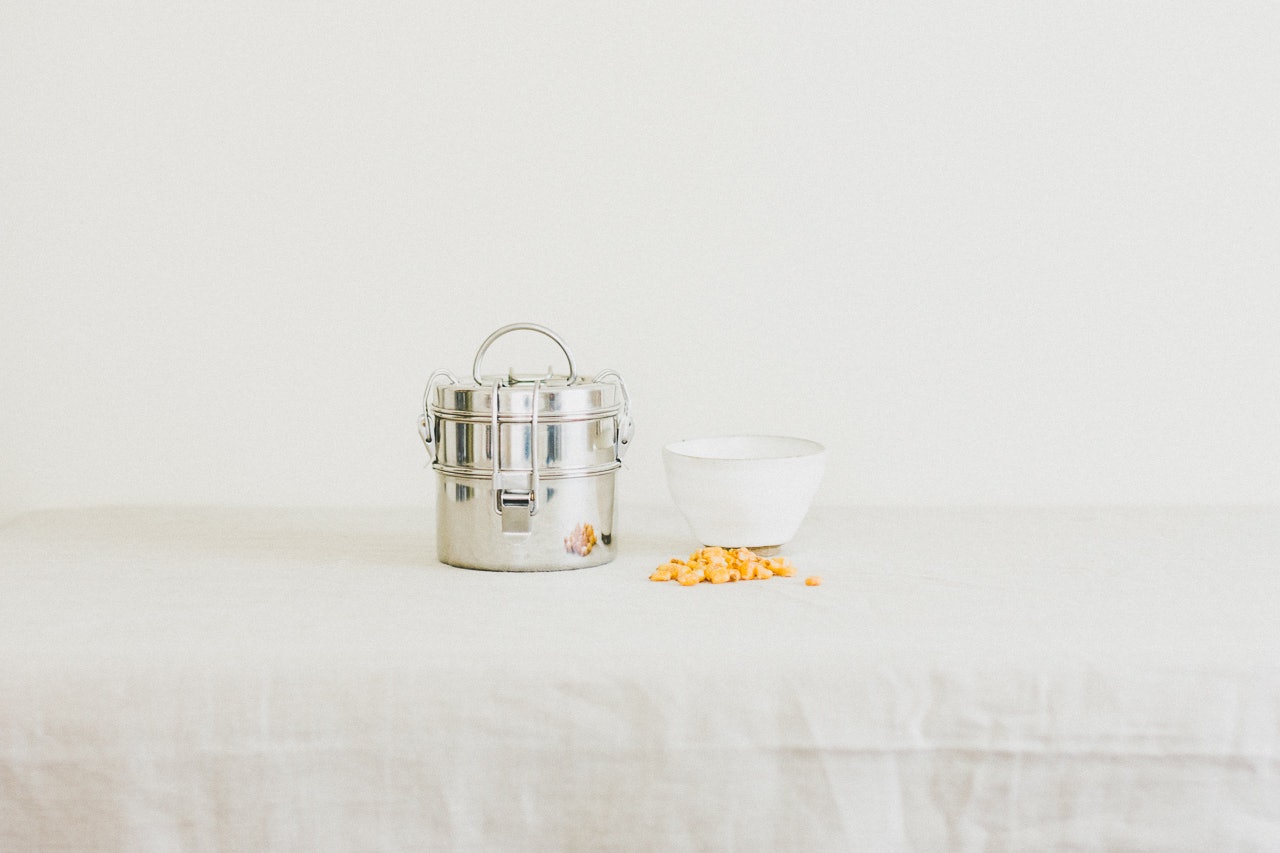
2. REDUCE
Society, people, the media want to convince us that we need the latest phone, gadget, dietary supplement.
If we simply avoided these sources of envy, our consumption would naturally decrease, but we can also take a proactive approach and question the reasons why we get influenced.
By taking a look at our purchasing patterns, we can identify areas where we can simply REDUCE our consumption.
What can/should be reduced?
- Our current wasteful consumption
- The activities that support or lead to over consumption
How?
- Evaluate your past consumption, think about purchases you later regretted, take a look at what you own and consume, and ask yourself whether you need or enjoy it
- Declutter - we spend a lot of time cleaning, washing, sorting, rearranging and taking care of the things we own. Owning less means less time wasted doing those activities. And then sell, donate, recycle, compost or send to the landfill what you no longer need.
- Decrease your consumption and the activities that lead to consumption - Bike or walk instead of using your car, take shorter showers instead of baths, organize a clothing swap instead of a shopping trip.
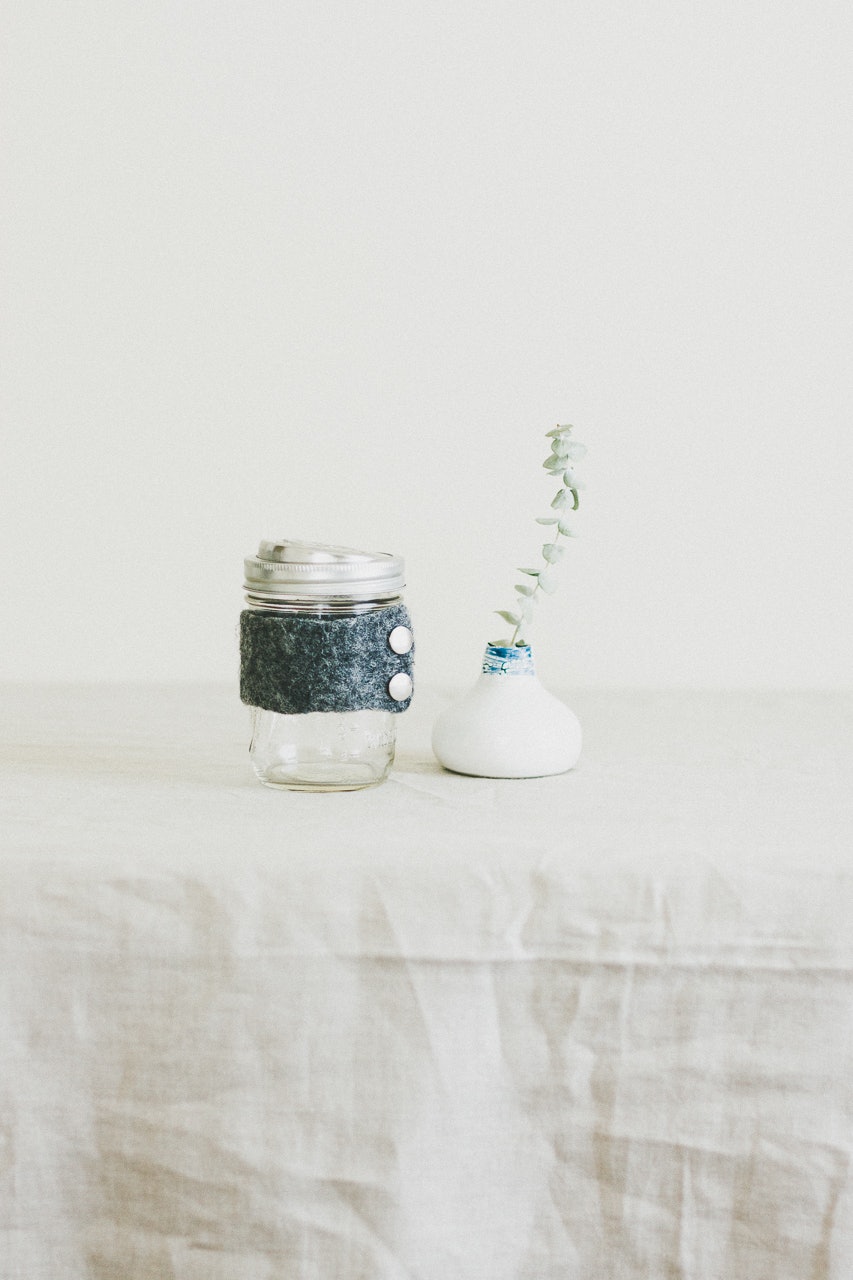
3. REUSE
What can/should be reduced?
- Eliminate wasteful consumption (shop with reusables, swap disposables for reusables)
- Alleviate resource depletion (share, buy used, buy smart)
- Extend the useful life of necessities (repair, rethink, return)
How?
- Bring your own reusables - Invest in a zero waste kit or shop your cupboards to make your own - A reusable mug, a stainless steel straw, a stainless steel box and a cloth napkin should cover your basics
- Get your library card - look for the closest library, tool library, toy library, kitchen library and start participating in the sharing economy
- Try reusing or repurposing something before throwing it away - Make veggie brith out of food scraps, a body scrub with ground coffee, fire starters with toilet paper tubes and dryer lint
- Repair something - Bring a pair of shoes to the cobbler, attend a fix-it fair, learn how to darn socks
- Buy something used instead of something new - Craigslist is a great place to start, or your local second-hand or vintage store.
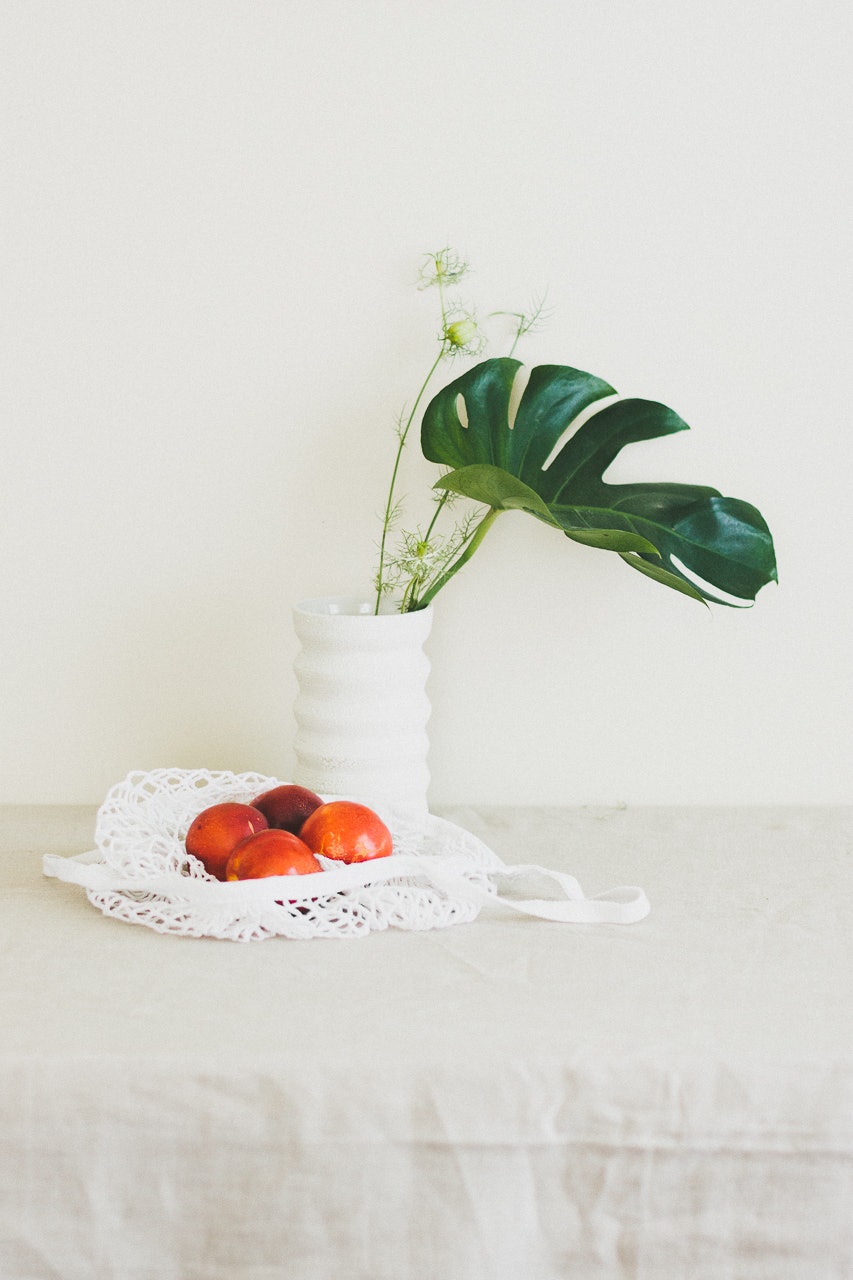
4. RECYCLE
Take a moment and inquire about what's recycled curbside in your area and where recycling depots are (+ their cost & opening hours).
If you live in Portland, you'll find everything you need on the City's website.
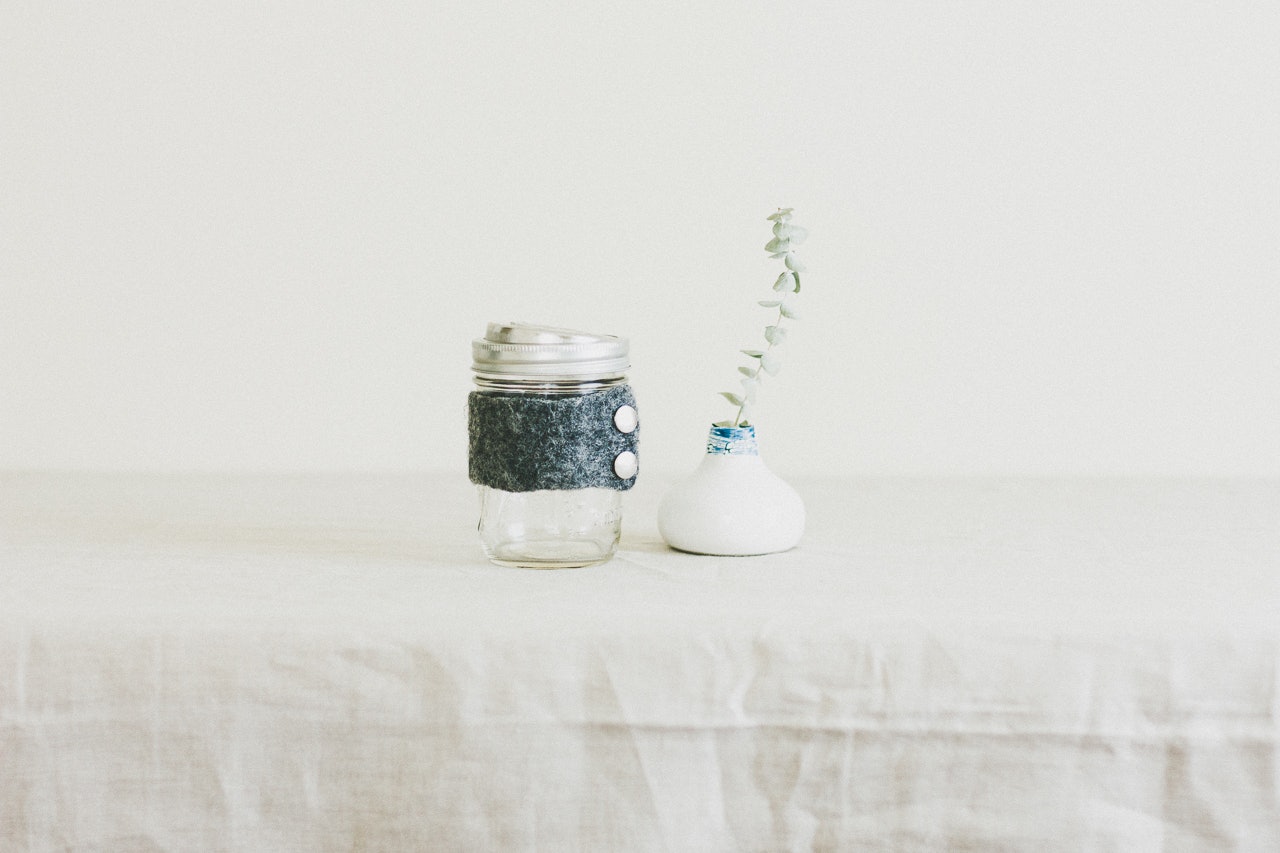
5. ROT
aka Compost!
If you have the possibility to compost, give it a try! Whether you live in a house or an apartment, alone or with your family or roommates, there are many options out there that might fit yout situation: some cities offer curbside composting, others have a compost bin at the farmers market, you might to try backyard composting a try, or give vermicomposting a try.
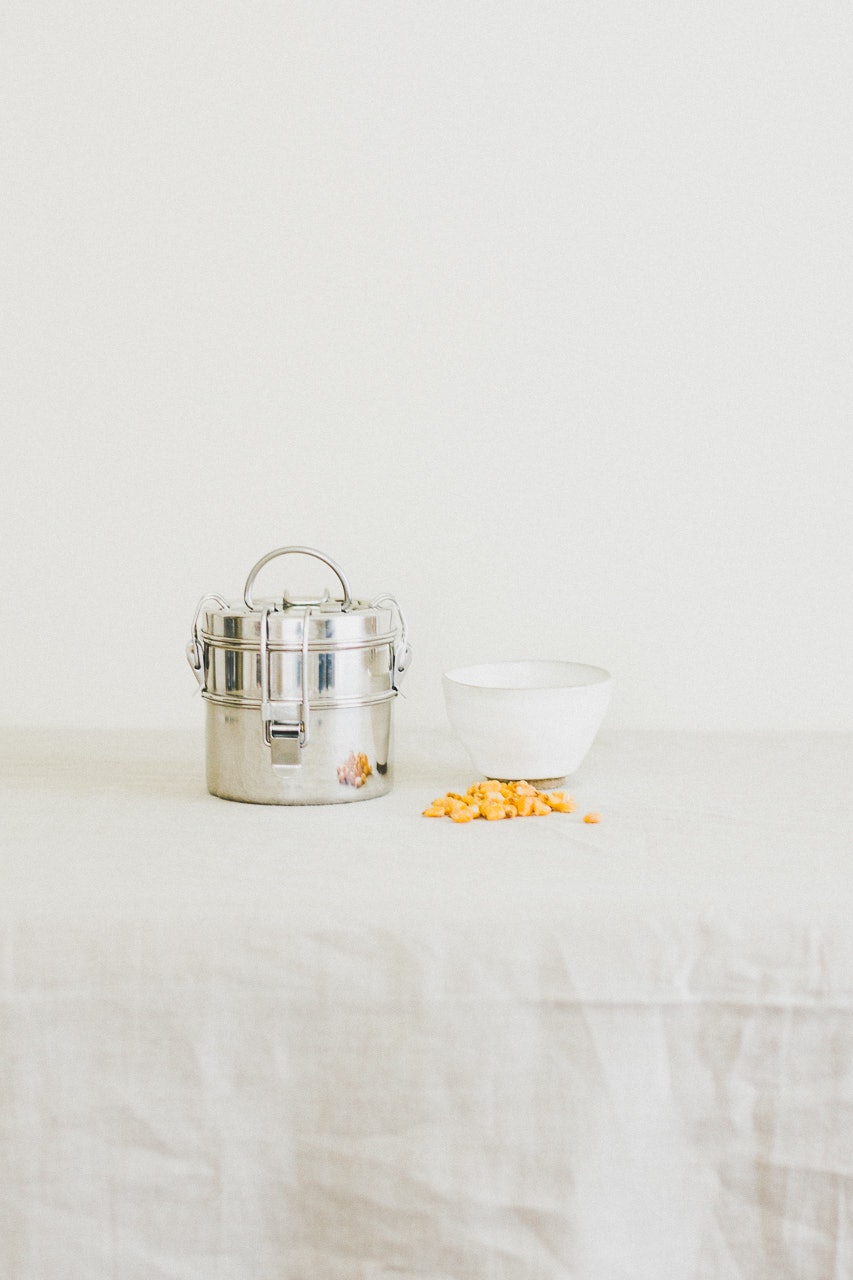
Bea Johnson recommends that you apply the 5Rs only in that specific order. It's a tool that I come back to over and over when I feel the urge to purchase something. I try to think whether I can simply refuse it, if I can borrow it, find it second hand, in a non-plastic version, etc.
Zero waste is a journey, a lifestyle, not a goal. No one will be zero waste ever. But if you're in a position to make a change, I highly encourage it to.. just start, with one thing. Once you'll have your Zero Waste goggles on, things will get easier and remember that you have a whole community of Zero Wasters around you who can support you during this adventure.
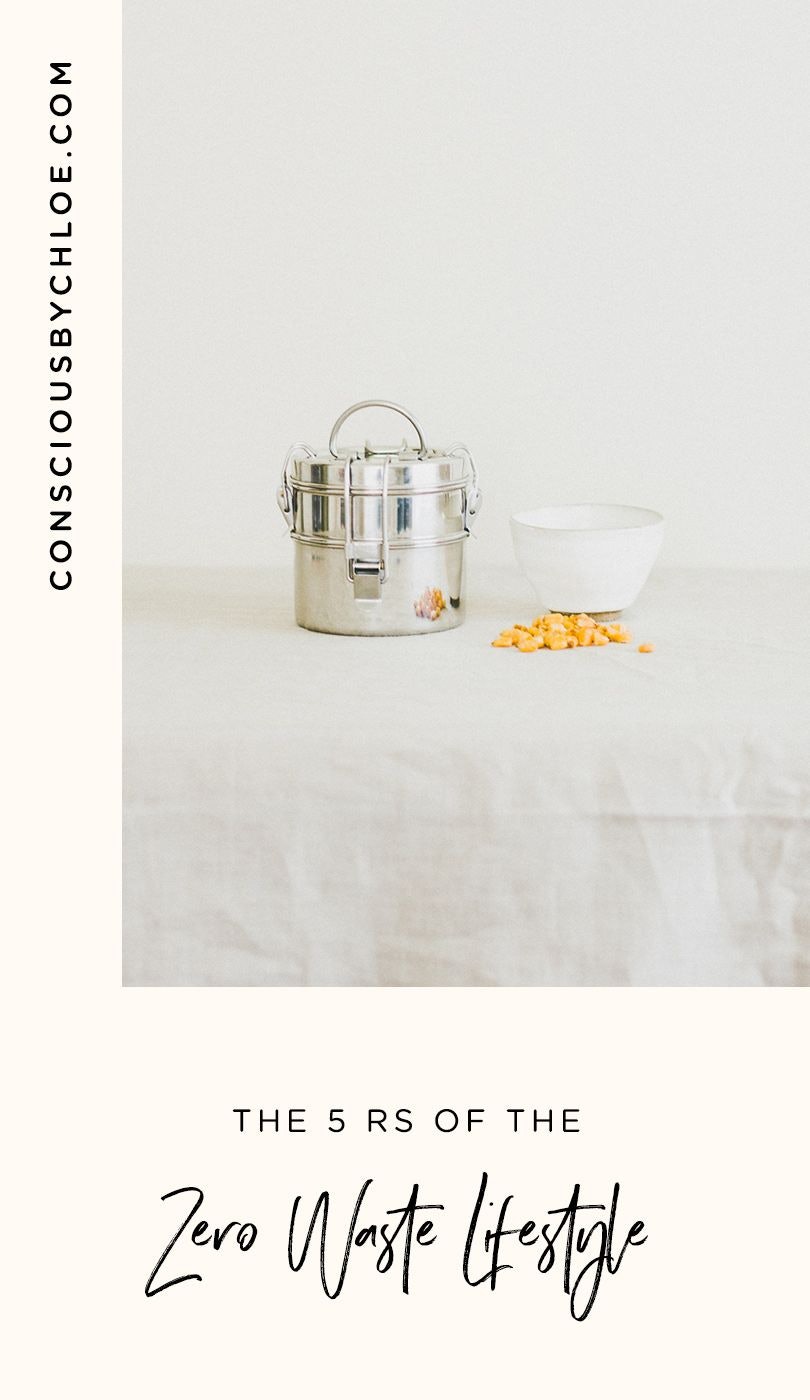
How do you like to implement the 5 Rs in your daily life? Or what's one thing you'd like to commit to do over the next couple weeks?








